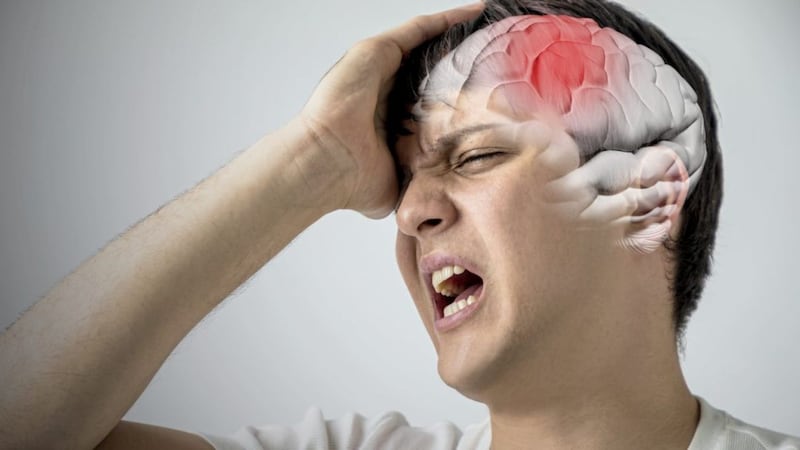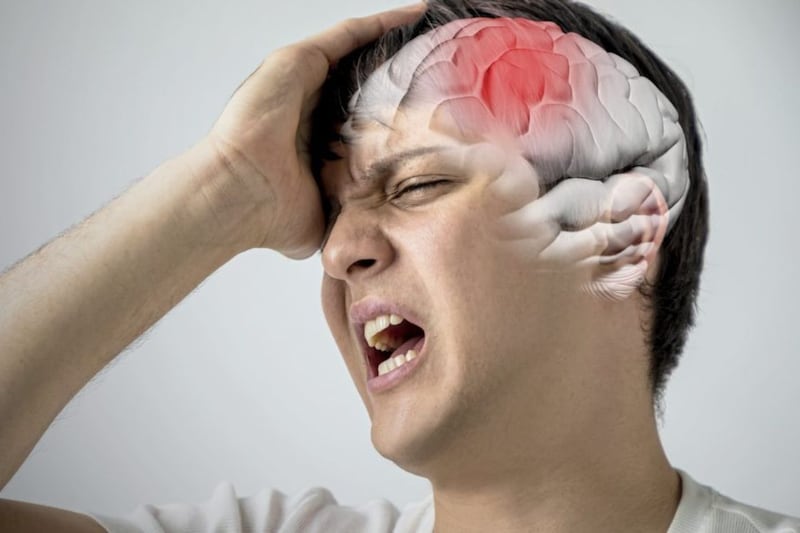ALTHOUGH generally thought of as an illness which affects older people, strokes can happen at any age. In the year 2016/17, almost 4,000 people in Northern Ireland were admitted to hospital for stroke, 20 per cent of whom were under 60.
Last year’s statistics showed that 32 children and young people under 19 were admitted to hospital for a stroke, another 32 aged between 20 and 29 and 96 people aged 30-39.
"If I could get one message across it would be – stroke could happen to you," says Fiona Greene, of NI Chest Heart and Stroke. "Stroke is devastating, both for the individual who has the stroke and their loved ones. Do what you can to prevent it. Know the symptoms so if you do have a stroke, you get help as quickly as possible."
:: What is a stroke?
A stroke happens when the blood supply to part of the brain is interrupted either by a burst blood vessel within or around the brain (haemorrhagic stroke) or a blockage as a result of a clot (ischaemic stroke). If brain cells lose their supply of oxygen from the blood, they will be damaged or will die, and whatever function they controlled in the body will be affected.
:: What are the symptoms?
F – Facial weakness: Can the person smile? Has his/her mouth or eye drooped?
A – Arm weakness: Can the person raise both arms? Is one arm weak? Has the mobility of their legs been affected?
S – Speech problems: Can the person speak clearly and understand what you say?
T – Time to call 999: If the person has failed any of these tests call 999 immediately. This is very important as the longer the affected part of the brain is without blood, the greater the residual damage will be.
Other symptoms can include: Problems with balance and co-ordination; difficulty swallowing; sudden blurred vision or loss of sight and severe headache.
:: What's the difference between a stroke and a mini-stroke?
A mini-stroke is also caused by an interruption in the blood supply to the brain. Unlike a stroke, the interruption is temporary, but it is a warning sign that a full stroke could be on its way.
:: How can you avoid a stroke?
As well as having a mini-stroke, other medical conditions increase your risk of stroke – high blood pressure, high cholesterol and conditions such as AF (irregular heartbeat) or diabetes. It is important to get these checked regularly and kept under control.
There are a number of risk factors that contribute to high blood pressure, high cholesterol, AF and diabetes. Some of these you can’t control, like your age, gender and family medical history.
However, there are lifestyle changes you can make which will reduce your risk of stroke: Stop smoking; watch your weight; keep physically active; eat a balanced diet; moderate your alcohol intake, manage your stress levels and get enough sleep.
:: For information and support see nichs.org.uk or call 028 9032 0184



